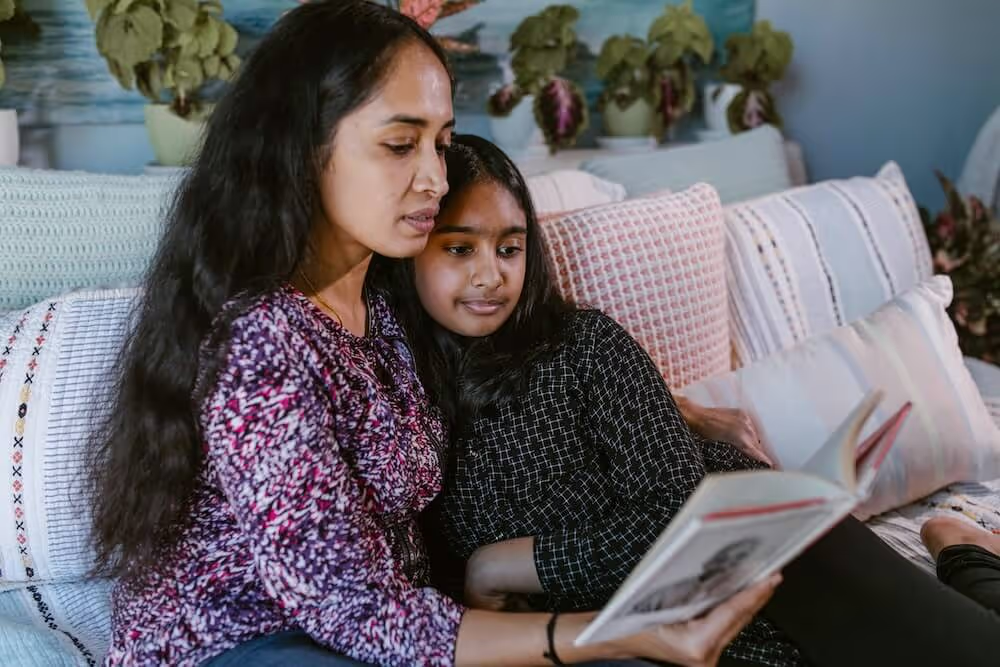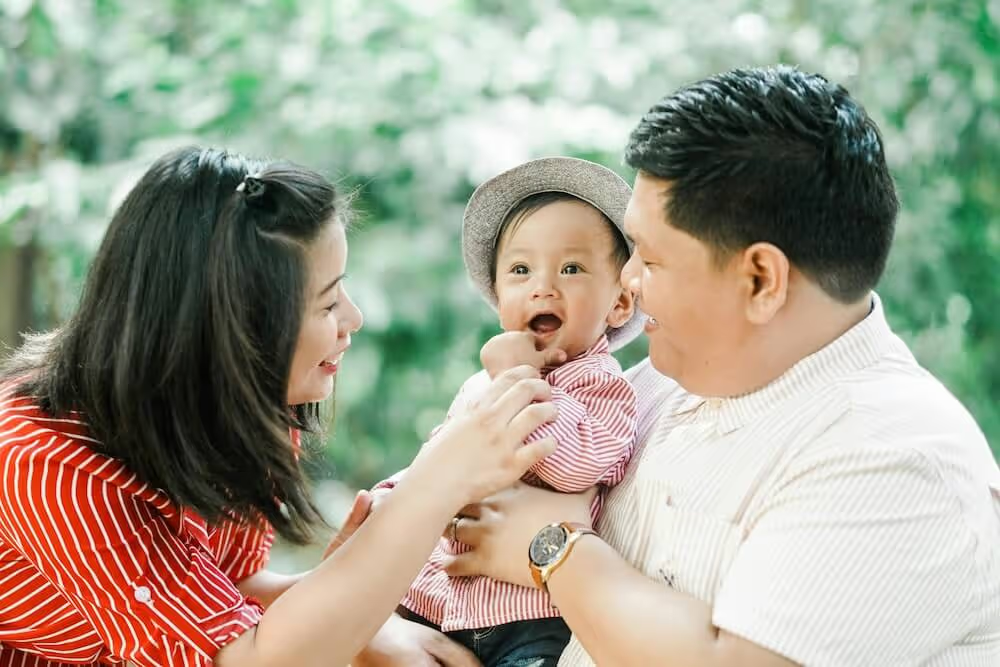Planning for what happens to your money and belongings when you're not around is important. Many Asian Americans in the U.S. encounter some challenges when it comes to making this plan.
This blog article explores the challenges faced by the Asian American community in estate planning, shedding light on factors like cultural taboos around death, multigenerational living arrangements, immigration status, and more. We also discuss why it's important for parents to plan for their kids and how businesses owned by Asian Americans need a plan too. Some people also have things, like houses or money, in another country, and that can make planning more complicated.
But don't worry, we want to help make things easier. FreeWill provides free, accessible legal resources to historically marginalized communities, making the estate planning process more straightforward and inclusive for all Americans.
Barriers to estate planning for Asian Americans
Many Asian Americans in the United States face challenges in creating an estate plan. Only 33% of English-speaking Asian Americans have a will, compared to 39% of white Americans. Asian Americans are more likely to think they don’t need an estate plan because they’re still “too young” to need one. However, all Americans can and should have an estate plan in place to document critical decisions about their property, finances, and dependents (like their children).
Asian Americans are also more likely to avoid estate planning due to the taboo nature of death. Initiating conversations about what happens after a family member passes away can be difficult. But recording important wishes is crucial to ensure everyone is protected and that traditions, like funeral wishes based on religious or cultural beliefs, are respected.
Planning for multigenerational households
Many Asian Americans are raised with strong family values and emphasize the importance of taking care of one another. About 30% of Asian Americans live in multigenerational homes, where grandparents often look after children and parents work to provide financial and healthcare support.
These housing setups can spark unique considerations when it comes to estate planning. For example, multigenerational Asian American families may have to navigate language barriers if everyone living in the home isn’t fluent in English. Clear communication is essential to ensure everyone affected by the estate plan — for example, a grandparent who has been named a guardian of their grandchildren — knows what’s expected of their role and is comfortable with that responsibility.
Planning for children or dependents
We all want to provide resources to our children — many Asian Americans immigrated to the United States to do exactly this. By estate planning, Asian American parents ensure their assets are distributed in a way that’s consistent with their cultural values. They can also assign assets to dependents based on factors like a dependent’s marital status, birth order, and financial need. For example, an Asian American may want to specifically set aside funds in their will for each of their grandchildren, or for a child to pursue higher education.
Estate planning for business owners
There are an estimated 581,200 Asian-owned businesses in the United States, according to the U.S. Census Bureau 2021 report. Asian-owned businesses recorded the highest estimated receipts among minority race groups, totaling $874.6 billion.
It’s crucial for Asian American business owners to safeguard their assets by having a proper estate plan in place. With an estate plan, business owners can make important decisions about their businesses, including business succession and wealth distribution. Planning is a strategic tool to safeguard the economic achievements and contribute to the long-term prosperity of Asian American families and communities.

Taking immigration status into account
The Center for Migration Studies reports there are likely more than 1.7 million undocumented immigrants from Asia and the Pacific Islands in the U.S. Additionally, other statuses, like work or student visas, can impact estate-planning decisions. It’s a good idea for these individuals to consult with an immigration attorney to navigate specific circumstances and craft a comprehensive plan.
Distribution of assets overseas
Some Asian Americans own assets in their country of origin, like real estate or bank accounts. Individuals should consider local laws, the implication of inheritance taxes, and practical logistics (like shipping delicate items) as part of their estate plan.
How FreeWill is closing the gap
This article doesn’t cover every consideration for estate planning among Asian Americans, but it provides a starting point. Our goal is to empower individuals to have these significant conversations, create a plan for the future for their loved ones, and pass down their important cultural values to the next generation.
FreeWill is helping to make this possible by providing free, intuitive legal resources to all Americans, especially those in historically marginalized communities. Our secure online will-maker guides users through the process of creating or updating their will in 20 minutes or less, free of charge. We also offer other resources — including a durable financial power of attorney and an advance healthcare directive — all at no cost, so individuals can make important financial and healthcare choices that honor their needs and values. Individuals can also use FreeWill as a tool to compile their information before visiting a lawyer, especially if they have a complex legal or financial situation.
A note from the authors:
“As a co-author of this piece, I want to begin by saying that while the Asian American community is certainly not a monolith, I know there are many people who share my experiences—from the large emphasis on maintaining close relationships with extended family members to growing up in a multigenerational household. These factors certainly influence how I would plan for my future.”
“As a Pakistani-American member of the AAPI community, something that has constantly stuck out to me throughout my entire lived experience is the values we all share within our community. As a FreeWill employee and a new mom, I had to think about things I never considered before when planning my will. The importance of estate planning in our community feels more important than ever and I hope this guide will help you begin thinking about your estate planning goals.”
Make your free estate plan today

Make your free advance healthcare directive

Make your free durable power of attorney

Make a stock donation today

Make your free revocable living trust










